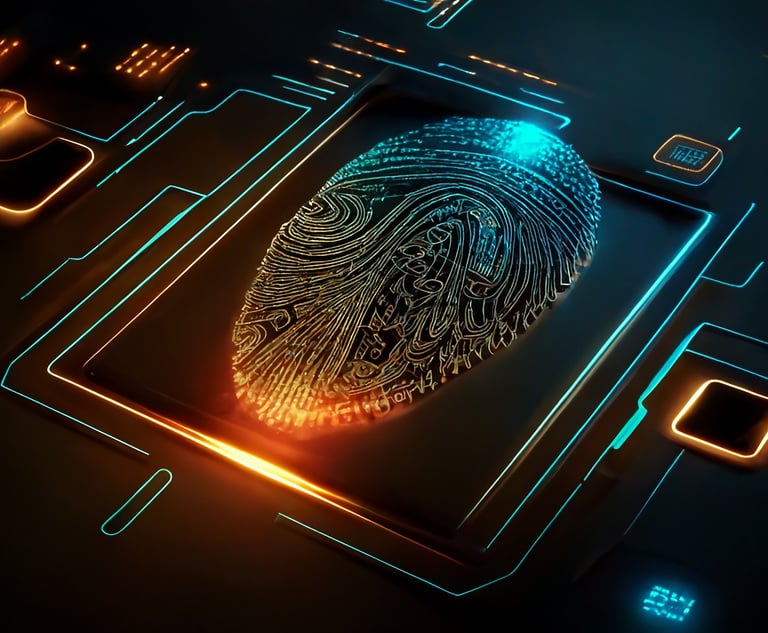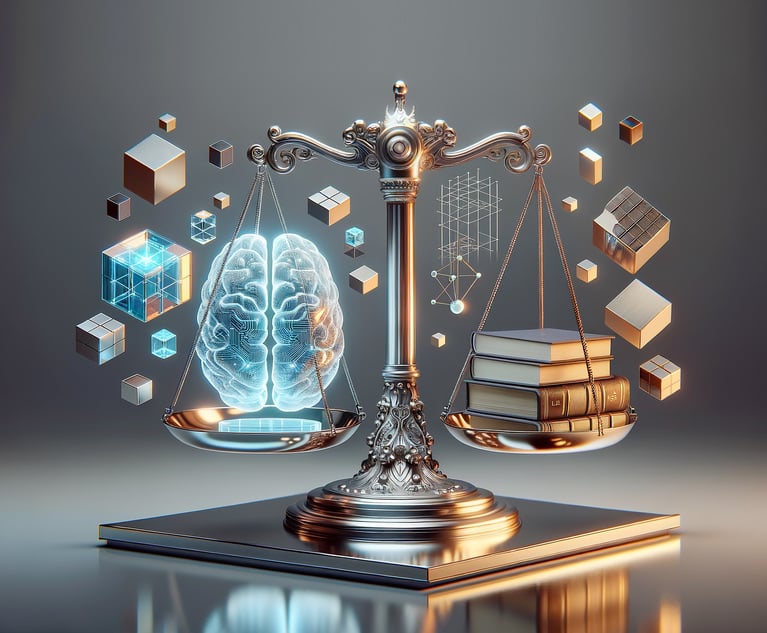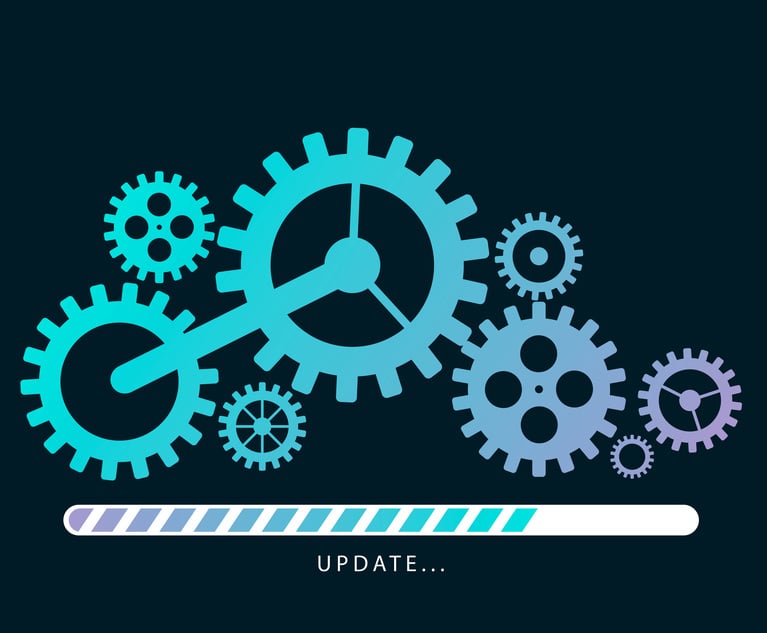For law school students preparing to start their summer jobs, internships, externships and clerkships, now is the time to get up to speed on the latest in legal technology: generative AI (GenAI).
Your employer may be excited about, opposed to, or oblivious to this relatively new and rapidly evolving technology. In any of those cases, you can impress your employer and distinguish yourself from other job candidates by being familiar with the basics of GenAI technology, how it can empower legal professionals and potential hazards to watch out for.
1. Know some basics about how the technology works.
- GenAI is a prediction engine, not a search engine. It’s a mathematical model of language that’s trained to predict the next word based on mountains of training text. If you ask one of these large language models (LLMs), “What is the capital of France?” it tells you “Paris” because it’s learned from its training data that Paris is a highly likely response to those words in that order.
- General-use tools like ChatGPT may give you very realistic (enough to fool many lawyers) but very fake legal citations because they’ve been trained to excel at producing realistic text. Companies try to avoid these “hallucinations”—with mixed success—by having the AI tools perform a web search or by training the models not to answer legal questions.
- Companies building GenAI for legal practice use a technique called retrieval-augmented generation (RAG) to minimize hallucinations. These tools first search a database (LexisNexis or Westlaw, for example) for documents relevant to the user’s query, then instruct the LLM to respond to the query based on the selected documents. Because these documents were retrieved by a search engine, they can’t be hallucinated. But the text-generation is built on an LLM and can still hallucinate.
2. Because GenAI is so new, students can add a lot of value if they understand how it should (and shouldn’t) be used for legal work.
- GenAI output, even from reliable, legal-specific tools, must be verified and supplemented with traditional legal research. Like Wikipedia, it can point you in useful directions, but you still need to investigate the sources and expand your search. At BYU Law, we developed exercises for the first-year research and writing course for students to compare the sources surfaced by GenAI to those cited in traditional secondary sources. Don’t mistake GenAI’s speed and confidence for thoroughness.
- Don’t put confidential client information into GenAI tools. Instead, remove or redact client details or use hypothetical facts. While some companies tell you your data won’t be shared, viewed, or used for training, you’re better off playing it safe. Even established law firms and companies are sometimes surprised by the fine print.
- Follow your employer’s rules for using GenAI. If they don’t have any, clear any use with a supervisor. You can make a good impression by demonstrating you understand the pros and cons. Some employers will categorically say no, and you should listen. You’ll have other opportunities to learn the technology.
- If you’re working on anything that will be filed with a court, check whether that court or judge has put out any rules on GenAI use.
3. Take advantage of the technology to prepare for the future of law practice.
- Take the initiative to learn about GenAI, because many law schools and legal employers will not provide that training.
- Play with different GenAI tools. The best way to get familiar with the technology is to use it. For example, in my AI class, I had students choose several legal tasks and compare the output of multiple AI models to the same prompt. Most law students have access to Lexis+ AI and Westlaw’s Ask Practical Law AI, and you can learn a great deal using free tools like ChatGPT, Claude and Gemini.
- GenAI can seriously hinder or accelerate lawyer training. Employers and students who rely too much on technology may undercut the new-lawyer training process. But you can also use it to enhance your development: improve your writing, quickly learn new subjects, or test your knowledge and ideas. Just remember what its weaknesses are and what your ethical obligations are.
4. Use technology to help people.
- GenAI could dramatically increase access to justice. Ask yourself how you might leverage technology in your summer jobs to do more good for more people. BYU Law’s commitment to innovation is a natural outgrowth of its mission to “advance justice, mercy, liberty, opportunity, peace, and the rule of law.” As you learn about GenAI, think about how you can use it to become better healers, mediators, counselors, peacemakers, advocates, lawgivers and judges.








